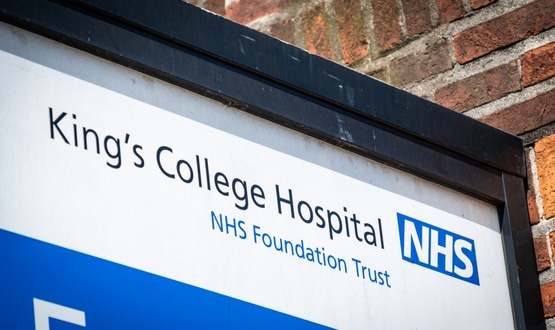MRSA reporting to be improved by electronic lab link
- 20 July 2004
Long-standing data quality problems with recorded occurrences of MRSA may be improved by the introduction of electronic incident reporting systems in laboratories, rather than focusing on trying to improve the current paper-based incident reporting that relies on the postal system, E-Health Insider has learned.
Mandatory reporting is already undertaken by trusts, which send aggregated details of incidents to the Health Protection Agency (HPA) by post. However, Andrew Chronias, head of IM&T in the Communicable Disease Surveillance Centre at the HPA, told EHI that the HPA was “working on an interface" that will enable testing laboratories, rather than hospitals, to directly upload detailed information about each infection to the agency.
“If it’s coming directly from a laboratory then one can collect better information, greater information,” said Chronias. “Because MRSA is actually only identified by a microbiology lab, the lab is the source of the information. The added value in the information is to understand the demography."
The National Programme for IT consider pathology to be a “secondary string”, but the HPA are working towards making incident reporting more of a priority for NPfIT: “It’s supported in that it wasn’t the primary parts of the programme. However, we recognise the benefits for the national data spine, andf we are trying to plug our surveillance requirements into the NPfIT."
Last week, the National Audit Office said that problems raised in 2000 with data quality and collection about incidences of MRSA have only partly been addressed, and that a “comprehensive mandatory surveillance service scheme" was required so that instances of hospital infections and ‘superbugs’ could be better monitored and controlled.
In response, the DH established a Healthcare Associated Infection Surveillance Steering Group (HAISSG), which recommended in April 2001 that the front line of monitoring should be carried out by laboratories.
However, focus was put back on mandatory reporting from trusts when the Steering Group was disbanded in September 2002 and responsibility transferred to the HPA.
The HPA says that an electronic data upload system is “being evolved" for laboratory information management systems that will enable more detailed monitoring of incidences of MRSA.
The NAO had also argued that “the main concern” with depending on paper-based reports sent by trusts through the mail, rather than information from laboratories, was “inappropriate” data: “Clinical staff did not relate to it, and trust management considered it to be a problem for the infection control team rather than clinicians."




